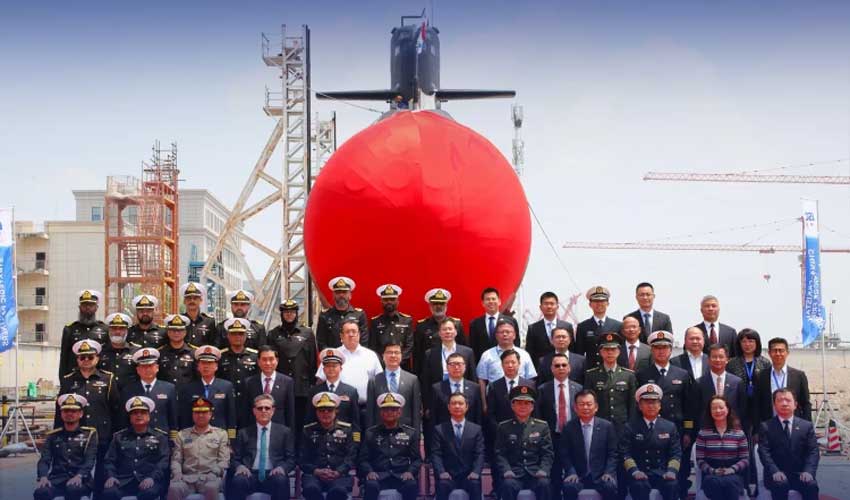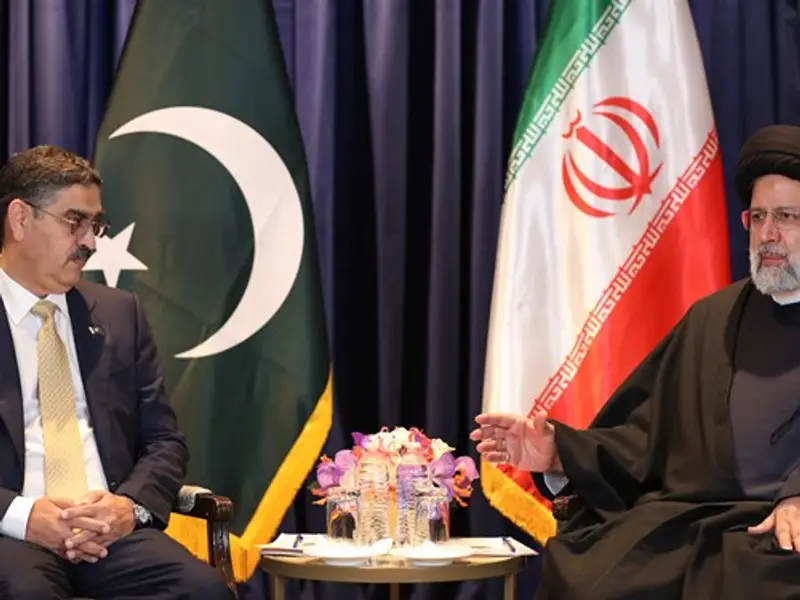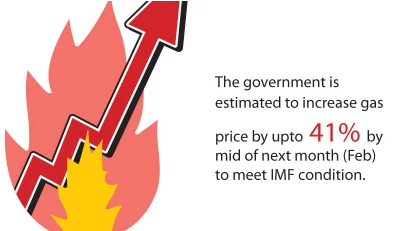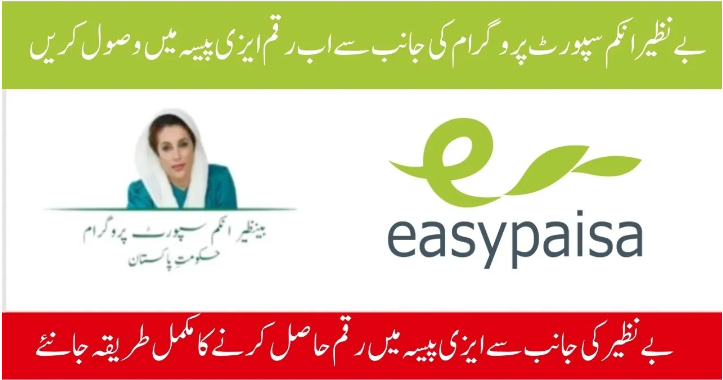In the realm of financial aid and social support, efficiency, transparency
, and accountability are paramount. The Biometrically Secured Identificati
on Program (BSIP) has taken a significant stride forward in these areas
with the launch of its E-procurement system for cash distribution.
This innovative approach aims to streamline the process of distributing
funds to beneficiaries while ensuring the highest standards of security
and reliability.
Benefits of E-procurement for Cash Distribution
Efficiency and Transparency
Traditional methods of cash distribution often involve cumbersome paperworlengthy processing times,
and a lack of visibility into the distribution process.
BSIP’s E-procurement system eliminates these inefficiencies by digitizing the entire process.
From application submission to fund disbursement, every step is recorded electronically, providing
stakeholders with real-time insights and updates.
By reducing the need for manual intervention and paperwork, E-procurement significantly cuts down on
administrative costs associated with cash distribution. With fewer resources required to manage the
process, organizations can allocate more funds directly to beneficiaries, maximizing the impact of
their assistance programs.
Reduction of Corruption and Fraud
One of the most significant advantages of E-procurement is its ability to mitigate the risk of
corruption and fraud. By implementing biometric authentication and robust security measures, BSIP
ensures that only legitimate beneficiaries
BSIP Launches E-procurement for Cash Distribution
In the realm of financial aid and social support, efficiency, transparency
, and accountability are paramount. The Biometrically Secured Identificati
on Program (BSIP) has taken a significant stride forward in these areas
with the launch of its E-procurement system for cash distribution.
This innovative approach aims to streamline the process of distributing
funds to beneficiaries while ensuring the highest standards of security
and reliability.
Benefits of E-procurement for Cash Distribution
Efficiency and Transparency
Traditional methods of cash distribution often involve cumbersome paperworlengthy processing times,
and a lack of visibility into the distribution process.
BSIP’s E-procurement system eliminates these inefficiencies by digitizing the entire process.
From application submission to fund disbursement, every step is recorded electronically, providing
stakeholders with real-time insights and updates.
Cost-effectiveness
By reducing the need for manual intervention and paperwork, E-procurement significantly cuts down on
administrative costs associated with cash distribution. With fewer resources required to manage the
process, organizations can allocate more funds directly to beneficiaries, maximizing the impact of
their assistance programs.
Reduction of Corruption and Fraud
One of the most significant advantages of E-procurement is its ability to mitigate the risk of
robust security measures
corruption and fraud. By implementing biometric authentication and , BSIP
ensures that only legitimate beneficiaries







